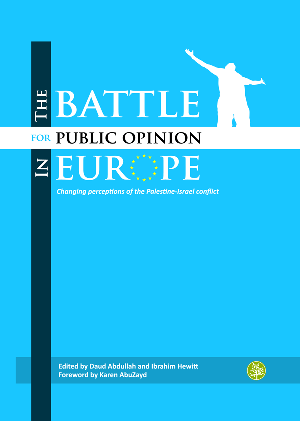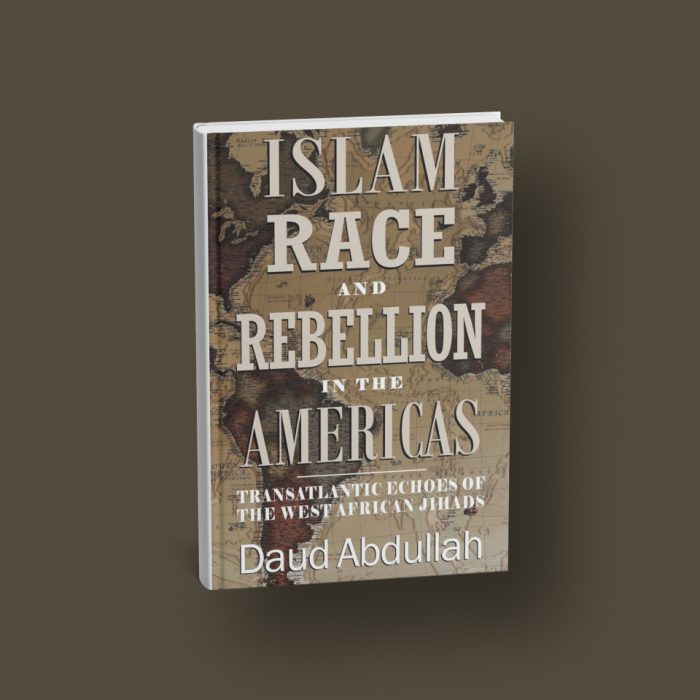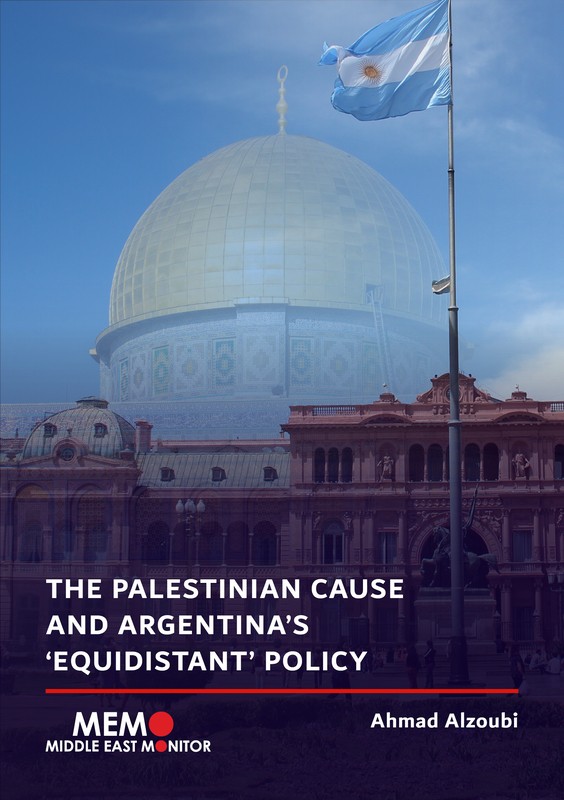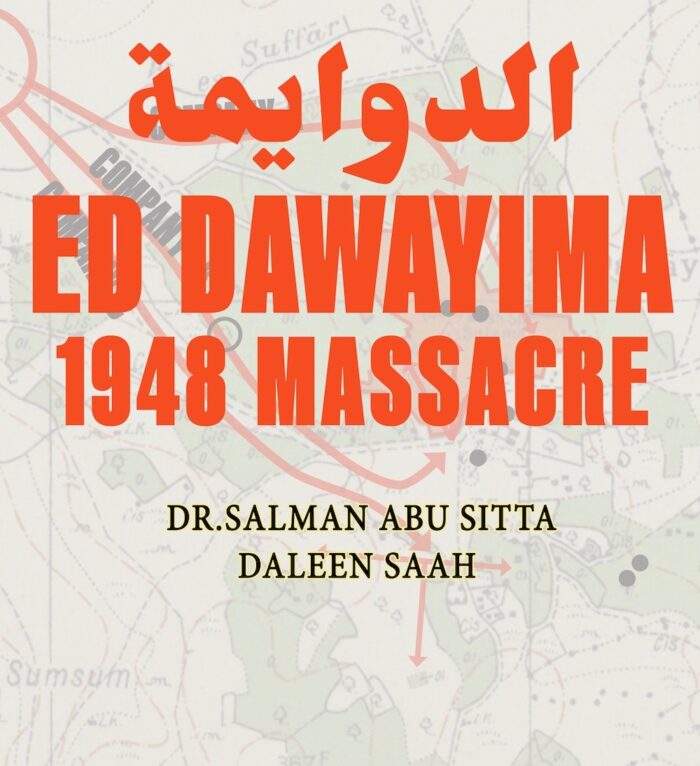Book Review of The Battle for Public Opinion by Ibrahim Darwish
September 9, 2012
Recent statements made by the British ambassador to Israel, Matthew Gould, indicate a decline in British public and political support for Israel. It also indicates how much European public awareness of the Palestine tragedy has transformed over the past decade. This is the result of changes such as improved media coverage of events like Operation Cast Lead (2008/9) and the persistent international embargo against the Gaza Strip.
Gould used the analogy of the biblical story of David and Goliath in describing the British change in mood; however, in a reversal of roles, Israel is now the Goliath and the Palestinians are David. Gould asserted that this reversal in perceptions has resulted in a general shift in the attitude of centrist British parliamentarians. He also asserted that lack of progress in the peace process has exacerbated the shift and many politicians are no longer influenced by Israeli government propaganda and public relations strategies in the West.
European mood change
This European change in mood was captured by a poll carried out by the ICM Government and Social Research Unit on behalf of the Middle East Monitor [MEMO], the European Muslim Research Centre [EMRC] and Al Jazeera Centre for Studies [AJCS] which sought to gauge European public opinion on the Israeli-Palestinian Conflict. Analysis of the results and the issues raised was then carried out by a number of prominent researchers and journalists. The end result is ‘The Battle for Public Opinion in Europe: the changing attitudes towards the Israeli-Palestinian conflict’.
This study corroborates that the practices carried out by Israel in the occupied territories over the past forty years and more, particularly between the 1987 and 2000 uprisings, have been a factor in the European shift in public opinion. During this period, the public had freer access to sources of information while the media had less of an impact on informing public understanding. The result was that they held a more balanced or neutral position.
However, the internet and satellite TV revolutions have had a negative and significant impact on influencing views held by the public. British media consumers are generally bombarded with decontextualized news and information causing some to render the Palestinian victim as the killer; the average European is unconscious of the true nature and causes of the conflict. The Battle for Public Opinion also highlights variations and bias in the selection of the language and images used to portray the opposing sides of the conflict.
The European Lobby
The study also refers to the forces in support of Israel or the Israeli lobby in Europe and the features of its strength. We know a significant amount about the Jewish lobby in America which is rooted in the political establishment, media and cinema. However, relatively little is known about the lobby in Europe which form the cornerstone of European support for Israel.
David Cronin’s chapter is particularly instructive in this regard revealing a network of support far beyond what is traditionally expected. This includes organizations, intellectuals, former politicians, economic interests and weapons trade which all work to support Israel alongside media organizations that are afraid to diverge from the prescribed narrative. Cronin opines that the most important characteristic of the Israeli lobby in Europe is that it goes about its work quietly and usually far from the media gaze. As such, gauging its strength is largely based on stories and novels.
Influential men
Another aspect of the power of the European lobby is that it has the support of influential and powerful stakeholders and business leaders such as Antonio Tajani, friend of former Italian Prime Minister Silvio Berlusconi. Tajani, who chairs the group was a prominent member of the Executive Committee of the European Union, and responsible for the Committee on Industry and trade.
The analysis also shows the extent of backing for the pro-Israel European lobby; the high level and well-funded smear campaigns and prosecutions mounted against criticisers of Israel. It also highlights the role played by Friends of Israel Committees in British parties. The British Prime Minister himself is a member of the Conservative Friends of Israel [CFI] and told a group of 150 that his support for Israel would never waver stating that ‘we are proud of our trade cooperation with Israel’. ‘The Battle for Public Opinion’ also talks about a group of retired politicians or ‘wise men’ who adhere to the ideas of the conservative right in America, such as Jose Aznar, former Spanish Prime Minister, Vaclav Havel, the late President of the Czech Republic and John Bolton, former U.S. ambassador to the United Nations. These men have appointed themselves justifiers of the apartheid policies of Israel.
Cronin confirms that the European Israel Lobby has managed to alter the concept of anti-Semitism in European in such a way that it is no longer refers to the hatred of Jews or incitement against them, but rather the mere criticism of Israel is now viewed as a criminal act. Cronin’s study is important because it reveals a lobby working silently in the defence of Israel and the absence of transparency for its calculations.
Opacity and false coverage
The Battle for Public Opinion’s second study, authored by veteran journalist Tim Llewellyn, is worthy of attention and is important because it reveals essential features of Israel’s image and the forces that support it. Llewellyn is a longstanding advocate of the Palestinian Cause and has long-highlighted and challenged the severe cultural and political bias toward Israel in mainstream coverage of the conflict.
Llewellyn says his focus was on institutions whose work is not concern with setting the record straight and speaks specifically about the BBC. It is a comprehensive and informative study that exposes the cynicism of officials in media organizations, such bias based on the perceived strength of the Israeli media when compared to that of the Palestinians and the belief that the latter ought to be doing more to defend themselves in the media.
According to Llewellyn, the climate is now changing; events of the last three to four decades and the continuous learning curve about the region have led to progress in Britain. Many Britons no longer believe the simplistic overview portrayed by the media and this change extends to Jews also. This is in part due to a new generation of English speaking Arab intellectuals such as Ghada Karmi and Ahdaf Soueif who are capable to delivering the region’s message.
Yet despite today’s change of mood and the efforts being made by some media organizations to understand the region, the picture in the media hasn’t really changed all that much. There is still a kind of reticence and hesitation to provide genuine and neutral experts on regional issues. One clear recent example of this is the use of the BBC host Dennis Ross who was a mediator during Obama’s special envoy to the region. While he is presented as a rational and neutral voice, it is quite well-known that he has been Zionist all his life, that he works for a Zionist ‘Think Tank’ in Washington and has a close relationship with the pro-Israel Lobby, AIPAC.
Obstacles to peace
Dr Hanan Chehata analysed features of the survey and related obstacles that stand in the way of peace, such as the unwillingness of the parties to make concessions. According to 53% of the survey’s respondents, this unwillingness is perceived as the most significant obstacle. Putting this ratio into context, Chehata suggests that the Palestinians have expressed their willingness to make concessions and the ‘Palestinian papers” are clear evidence of this. 41% of respondents also considered Israel’s oppression of the Palestinians as an obstacle impeding peace.
Is Israel a democracy?
The Israeli academic, Ilan Pappe, provides a perspective on the concept of democracy and endeavours to understand the idea from the perspective of the Zionist movement and its history.
He refers to the way the Zionist movement, which came into existence as a result of European nationalist movements, interacted with the Palestinians. Initially, it worked toward controlling the labour market, the main source of the Palestinians livelihood, and the purchase of the land where they had lived for thousands of years. Pappe believes that the idea of state exclusivity dominated since the inception of the state and hence racial discrimination appeared during the earliest stages and was clear in its dealings with the Palestinian population. In the context of the occupied territories, Pappe rightly asks whether an occupying state is worthy of being defined as a democracy.
Conclusion
The Battle for Public Opinion is a particularly important contribution due to the expertise and specialism of each contributor in their respective field. Its significance is further highlighted in the introduction to the book provided by Karen AbuZayd, Former Commissioner of UNRWA, where she says, ‘I hope that the book: The battle for public opinion in Europe, will encourage European readers to improve their knowledge of the unfair 64 years conflict. The conflict in the past decades has resulted in the bad political and economic Palestinian situation, and as a former commissioner, I call for the importance of taking care of the needs of about five million Palestinians in the Middle East, one third of whom live under occupation in the West Bank and the Gaza Strip and another third are still living in 58 camps throughout the region’.




